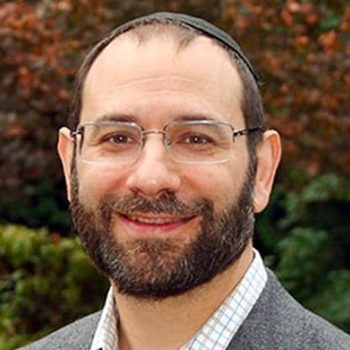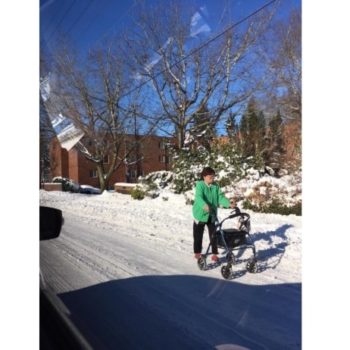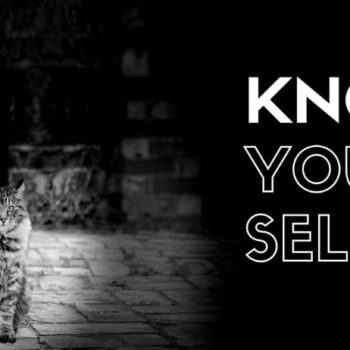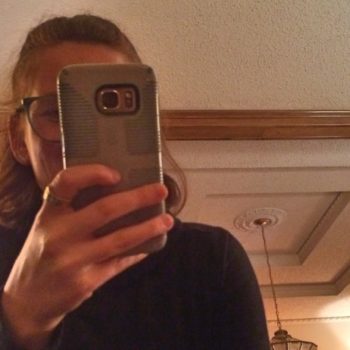The year was 1919 when the great Irish poet, William Butler Yeats, wrote his searing poem entitled The Second Coming. World War One had torn apart the European continent and the Irish were caught in their own nationalist struggles. Modernity's churn was pulling apart familiar patterns and social structures, and people felt the world was coming undone.
Today we watch our nation undergo a major transition in leadership. On the one hand, it’s perfectly normal. It’s a quadrennial tradition, part of the fabric of our country. On the other hand, parts of this transition feel anything but normal. For eight years we’ve lived as citizens of the Obama administration.
It feels like the world has stopped for a moment and that we are stuck in between places. I've been stuck in bed this past week with a rather virulent cold, and that's made this a personal period of quiet for me. But it's hardly just my experience.
Snow days. Don’t let the happy, smiling people on Facebook fool you. The snow in Portland has been rough. Parents who work outside the home can only work at home for so long, and kids tend to get restless after two snowball fights and three viewings of Frozen (no, the symbolism is not lost on me).
I recently reconnected with an old friend from my New Mexico years. We spoke of old times, and he reminded me of San Geronimo's Day. This annual feast is an amalgam of Catholic and native customs. It is also one of the rare occasions when outsiders are permitted to witness some of the pueblo's religious practices, including a bare foot sprint that is part race and part dance.
As the parent of a feisty and sometimes defiant three-year-old I often find myself in battle mode, having to make constant tactical adjustments based on the situation. There are two forces at play in our house: what we, her loving parents, would like to see happen, and what she, the stubborn, strong-willed daughter, would like to see take place.
There’s a certain expectation that comes with asking someone how they are. You expect to receive a simple “good” or “fine” or maybe even “could be worse.” So it catches you off guard when instead you receive an entire life story of what ails them in that moment, including why it ails them, how they got there, and what they wish would happen.










